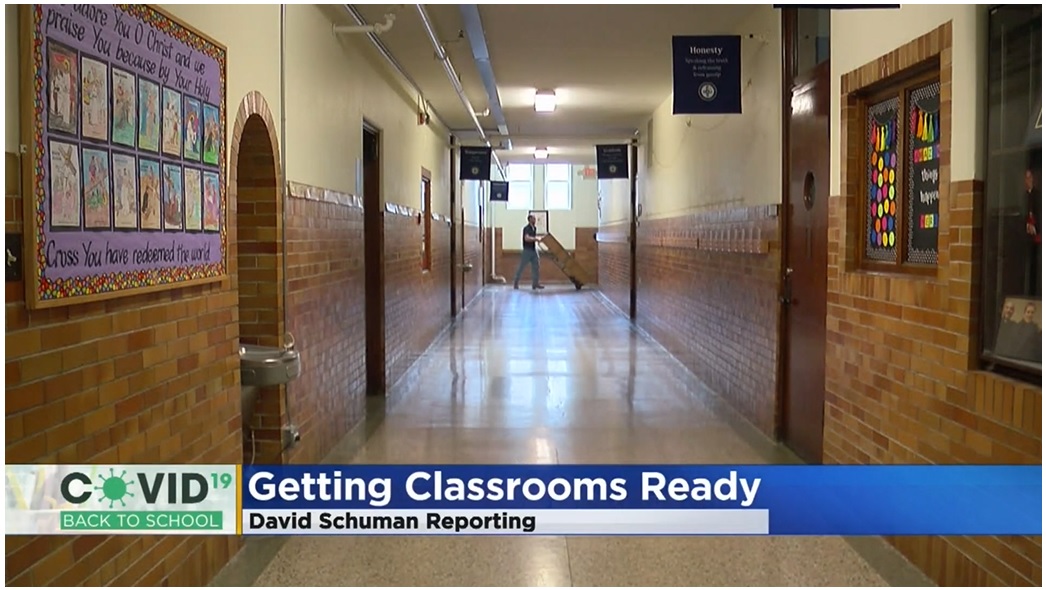A friend and I recently chatted about her young children and how she was navigating the phone issue with them. “I think parents are waking up and beginning to restrain their children’s electronics usage,” was the gist of her assessment.
I was encouraged by this, but not long after I realized that my friend may be one of the few wise parents out there. According to a poll this year by EdChoice, “nearly 80 percent of parents believe computers and laptops are positive learning tools for their children” (see chart below). Seeing this, it’s no wonder schools continually tout their digital devices and technology capabilities as a plus.

But are electronic learning devices that much help in learning? A recent research survey suggests otherwise. The survey, which reviewed multiple studies on digital reading habits, found that reading comprehension is much higher when people read printed hard copies rather than electronic texts, The Epoch Times reported. This is especially true the younger the reader is.
“This means, for example, that if a student spends 10 hours reading books on paper, their comprehension will probably be 6 to 8 times greater than if they read on digital devices for the same amount of time,” the survey’s authors reported.
Author Derek Thompson recently made a similar observation in The Atlantic, noting that the drastic decline in PISA scores over the last decade or so suggest that phones are making students dumber:
PISA finds that students who spend less than one hour of ‘leisure’ time on digital devices a day at school scored about 50 points higher in math than students whose eyes are glued to their screens more than five hours a day. This gap held even after adjusting for socioeconomic factors. For comparison, a 50-point decline in math scores is about four times larger than America’s pandemic-era learning loss in that subject.
Pointing out that phones or tech devices likely cause a decline in learning can sound like a conspiracy. But such an assessment also fits with what the tech gurus over the years—such as Bill Gates, Steve Jobs, and others—have insisted upon doing with their own children: no phones until they’re older. Perhaps they know something we don’t.
If people like Gates and Jobs—the creators and pushers of multiple tech devices—don’t allow their children near these alleged miracles of learning tools, then why should we? Their children may be privileged, but when it comes to tech devices, that privilege can be a level playing field. If tech devices aren’t good enough for the children of Bill Gates, then they shouldn’t be good enough for ours either.
—
Image Credit: Pexels











![[downloaded during free trial]](https://oakmn.org/wp-content/uploads/2025/11/iStock-1430368205-120x86.jpg)

